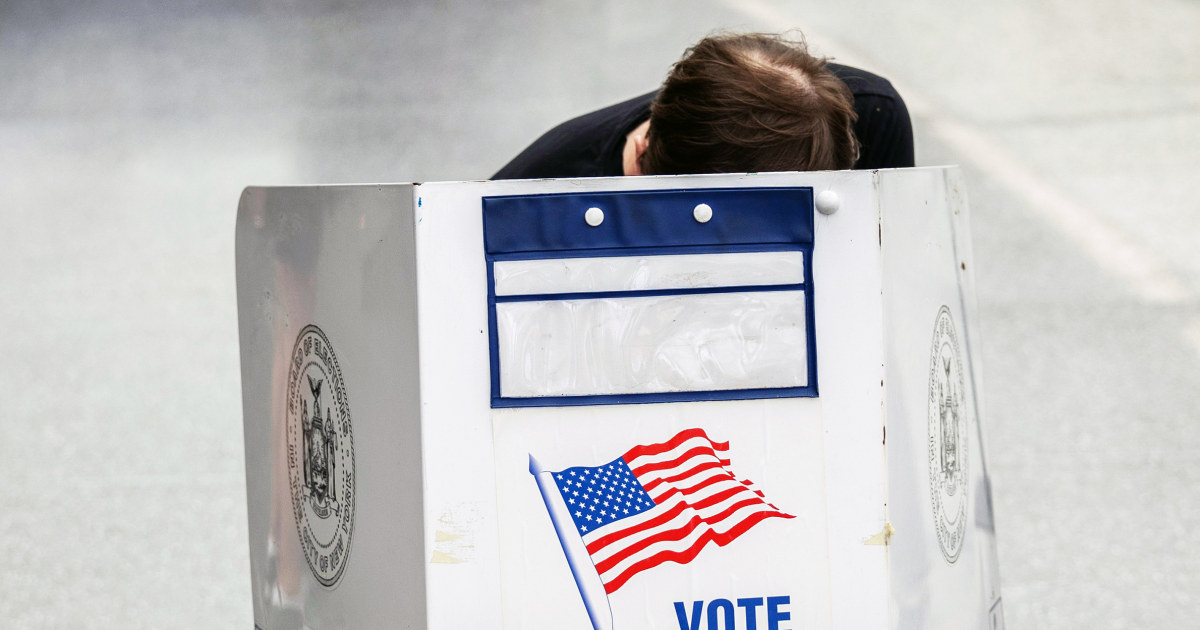Campaign Finance Showdown: Supreme Court Weighs Challenge to Party Spending Limits

The Supreme Court is poised to reshape the landscape of campaign finance in a pivotal case that could significantly loosen restrictions on how national political parties coordinate spending with individual candidates. At the heart of the matter is a Republican-led challenge to existing regulations, raising fundamental questions about the role of parties in elections and the potential for increased spending.
The Core of the Challenge: Coordination vs. Independence
The case centers on the legality of rules that limit the coordination between national party committees, like the Republican National Committee (RNC), and individual campaigns. Currently, these rules aim to prevent parties from effectively bankrolling candidates' campaigns while maintaining a veneer of independence. The Republican challenge argues that these restrictions are unconstitutional, infringing on the party's First Amendment rights to engage in political speech and support its candidates.
Why This Matters: Potential Impact on Elections
If the Supreme Court sides with the Republicans, it could dramatically alter the flow of money in elections. National party committees could spend significantly more in coordination with campaigns, potentially amplifying their influence and altering the dynamics of races across the country. This could lead to a shift away from candidate-centric campaigns towards more party-driven strategies.
The Legal Arguments: A Complex History
The legal battle has a long and complex history. The restrictions at issue were enacted in the wake of the 2012 election, responding to concerns about the rise of Super PACs and the increasing influence of independent spending in campaigns. Previous Supreme Court decisions, such as Citizens United v. Federal Election Commission, have already significantly impacted campaign finance regulations, emphasizing the importance of free speech rights in political spending. This new case builds upon that precedent, potentially further expanding the scope of permissible political spending.
Stakeholders and Reactions: A Divided Landscape
The case has drawn strong reactions from both sides of the political spectrum. Campaign finance reform advocates warn that a ruling in favor of the Republicans could lead to a flood of unregulated money into elections, further distorting the political process. They argue that these restrictions are necessary to ensure fairness and prevent wealthy donors from exerting undue influence. Conversely, Republicans contend that the restrictions are overly burdensome and stifle the ability of parties to effectively communicate with voters.
Looking Ahead: What to Expect from the Court
The Supreme Court's decision in this case is expected to have far-reaching consequences for campaign finance law and the future of elections. Legal experts are closely watching the arguments and the justices' questions to gauge the likely outcome. Regardless of the decision, it is certain to spark renewed debate about the role of money in politics and the balance between free speech rights and campaign finance regulations.
The Court’s deliberations will likely focus on the precise definition of “coordination” and whether the current regulations unduly restrict political speech. The justices will also grapple with the potential impact of their decision on the fairness and integrity of elections.






